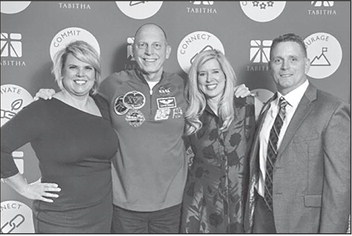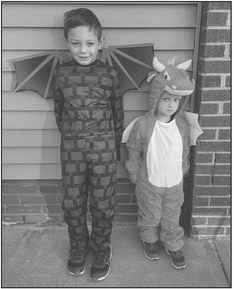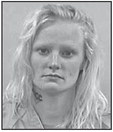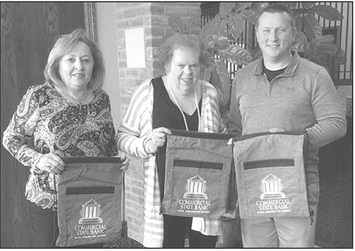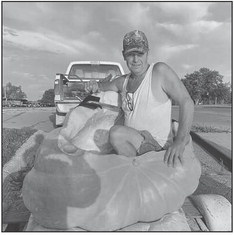State Patrol encourages safe driving during Thanksgiving travel time
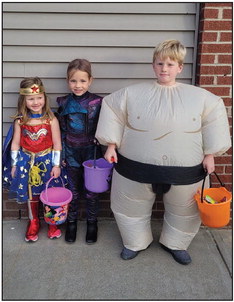
The first Thanksgiving was celebrated in 1621 over a three day harvest festival. Thanksgiving today means getting together with family and friends, watching football and eating a big turkey dinner.

